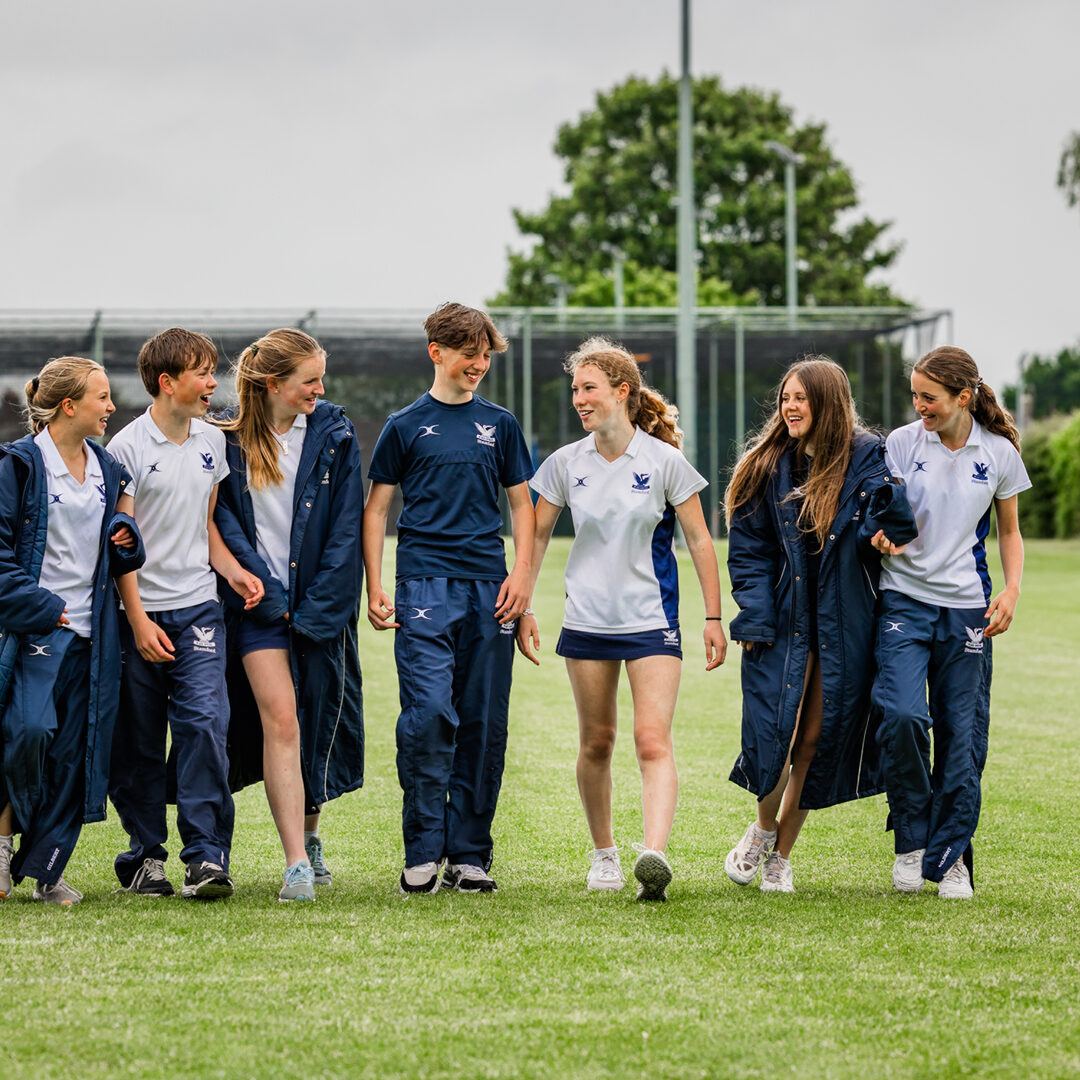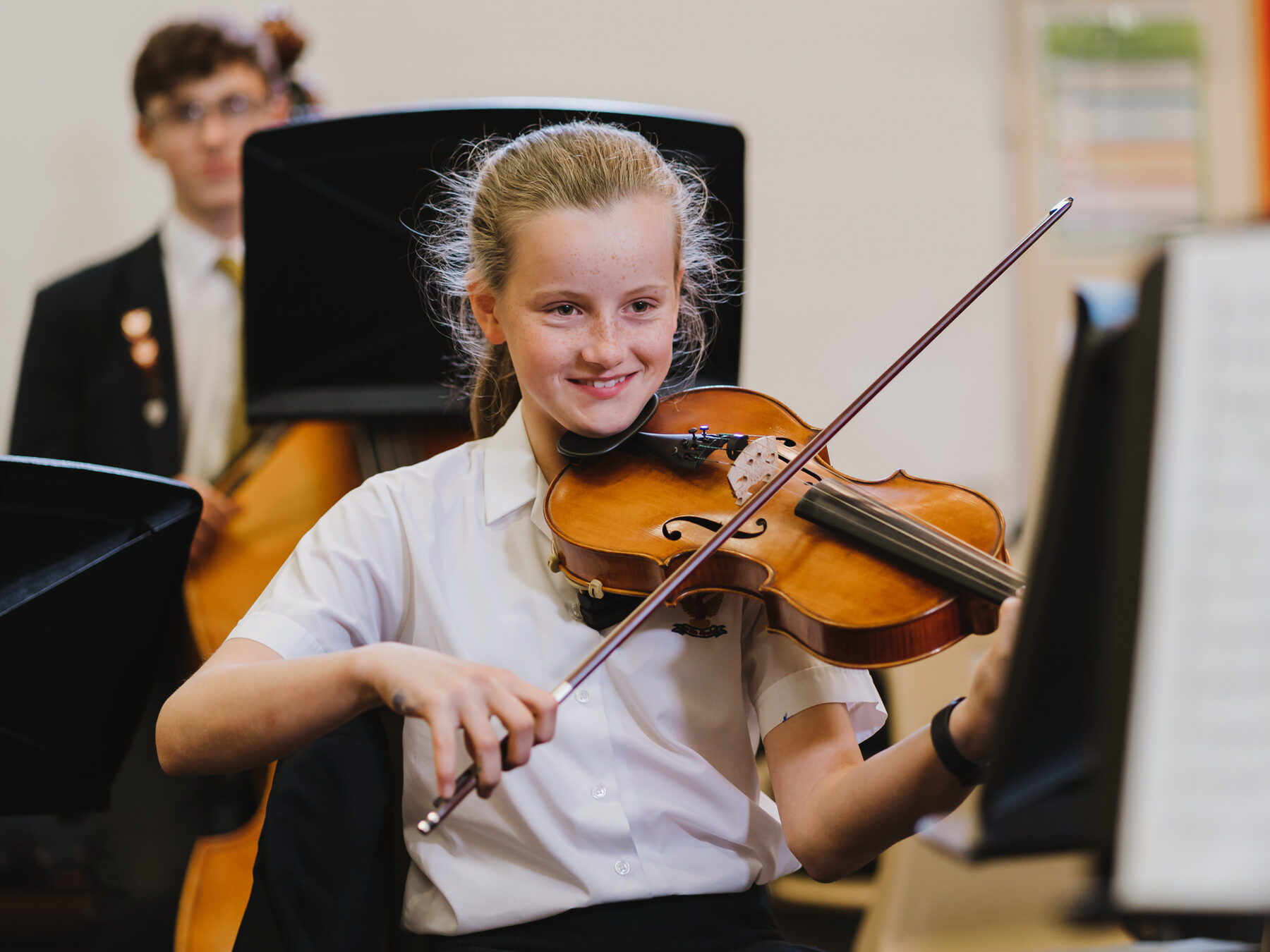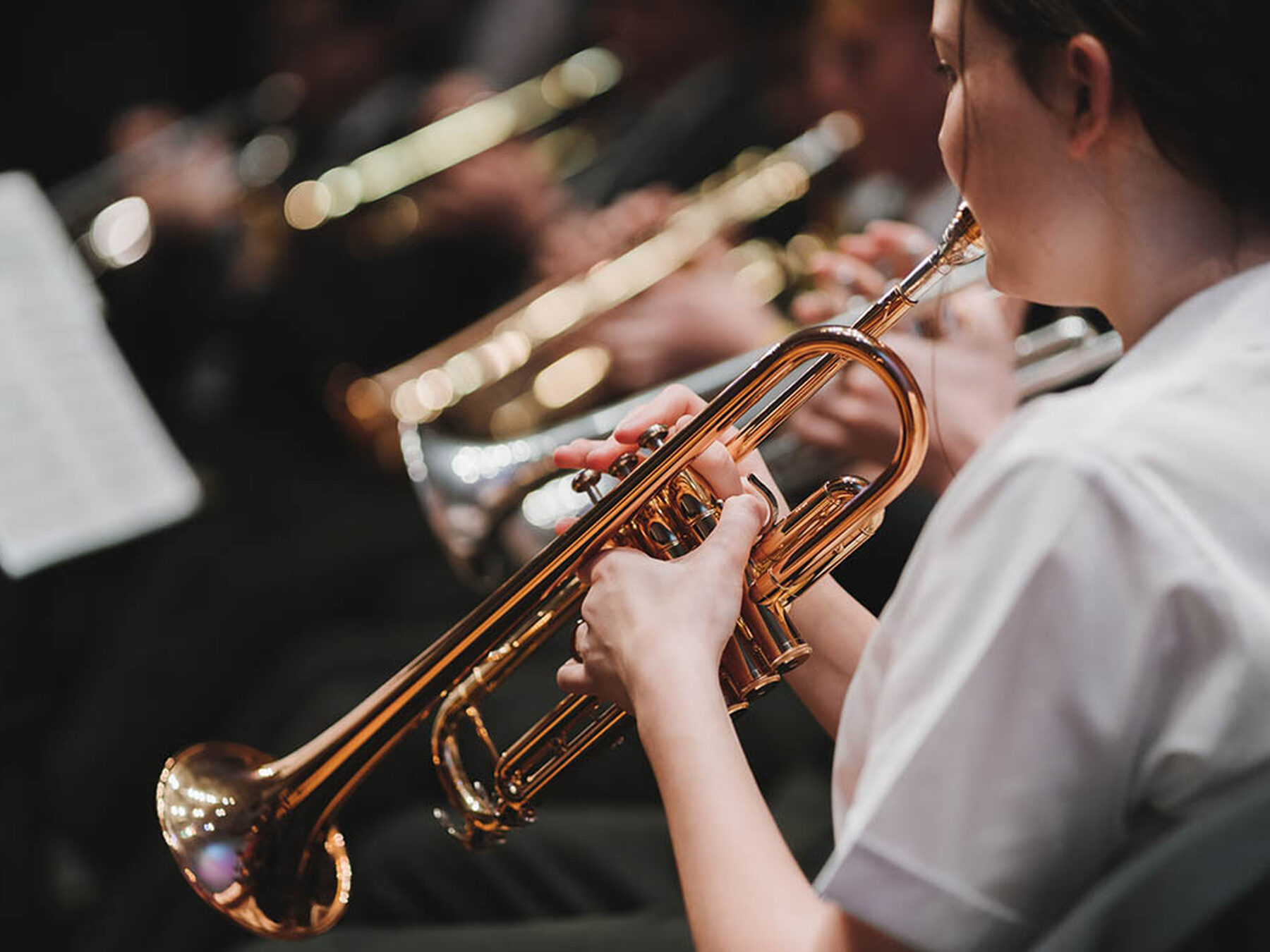
Applications now open for September 2026
Applications are now open for September 2026 entry for:
• Junior School
• Year 7
• Year 12 Sixth Form

Applications are now open for September 2026 entry for:
• Junior School
• Year 7
• Year 12 Sixth Form
Press Enter to search or ESC to close
We offer help and support at all levels of music-making, as we believe that music is an essential part of everyone’s life.
The Music Department works hard to give every child access to music through a varied curriculum, regular singing in assembly, chapel and House competitions and the huge co-curricular programme.
All our academic musicians sing or play professionally outside school and bring that expertise into the department’s curriculum and co-curricular activity.
In addition, there are 25 part-time instrumentalist and vocal specialists, many of whom are professional performers, bringing that wealth of experience and opportunity into the Schools.
We are able to provide lessons in all the major orchestral, jazz and popular instruments, including tuned and untuned percussion, drum kit, all guitars, and even ukulele.
As well as the value of music for its own sake we know that it has huge benefits socially, cognitively, and for wellbeing.
Singing lowers blood pressure and increases endorphins; a study showed that those in later life singing in choirs extend their life expectancy. Some evidence has shown that those on a music programme for a least two years achieve half a grade higher across subjects by GCSE time. This is just the tip of the iceberg and more and more research is being completed.
The school has 7 choirs, 5 orchestras and 4 bands which run all year.
In addition there are a myriad of chamber groups (currently 6 string quartets, 2 sax ensembles, Clarinet choir, 2 flute choirs), rock bands, House choirs and ensembles, which change depending on which family of instruments needs further opportunities. This flexible approach enables all students to develop those ensemble skills essential to be a good performer. Including external events, there are on average around 80 performance opportunities a year. In addition, we tour regularly.
Music will be the priority of a Music Scholar in terms of the co-curricular programme but this will not exclude them from participating in other activities.
Music Scholars will specifically benefit from:

